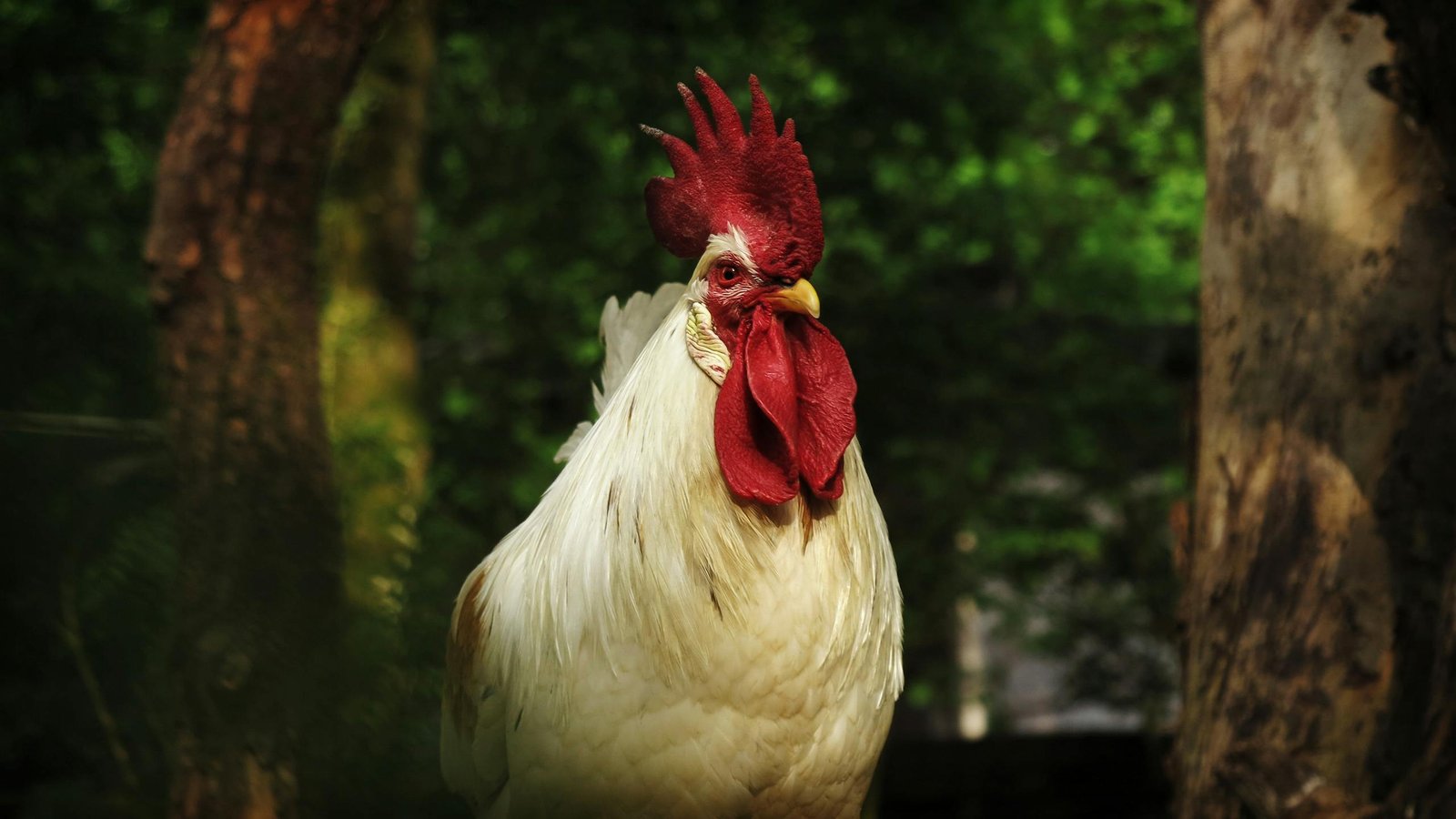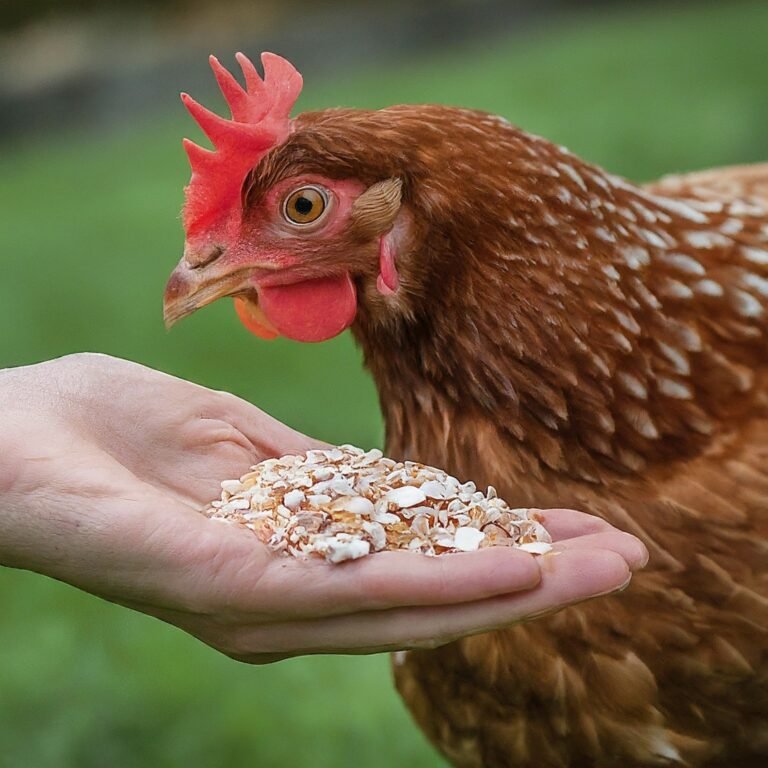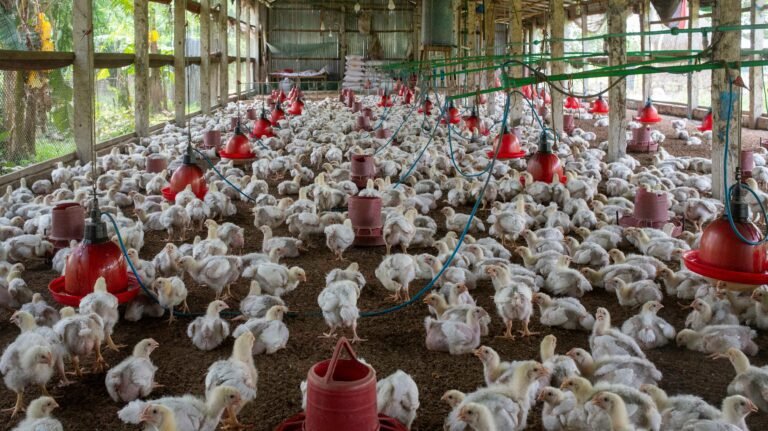Veggie Lovers? Cracking the Chicken Diet Code

Chickens are fascinating creatures that have captured human interest for centuries. From backyard coops to large-scale farms, these birds play a significant role in agriculture and our daily lives. However, a common question that often arises is: Are chickens herbivores? The answer to this question is not as straightforward as it may seem. In this blog, we will explore the dietary habits of chickens, their natural behavior, and what this means for their classification as herbivores, omnivores, or something else.
What’re Herbivores, Carnivores, and Omnivores
To understand whether chickens are herbivores, it’s essential to define what herbivores, carnivores, and omnivores are:
- Herbivores: Animals that primarily consume plants. Their diet consists of leaves, grasses, fruits, and other vegetation.
- Carnivores: Animals that primarily consume meat. Their diet consists of other animals.
- Omnivores: Animals that consume both plant and animal matter.
The Natural Diet of Chickens
Chickens are naturally omnivores. In the wild, they forage for a variety of foods. Their diet includes:
- Plants: Chickens eat a wide range of plant materials, including grass, seeds, fruits, and vegetables. These provide essential nutrients and fiber.
- Insects: Chickens actively hunt and consume insects such as worms, beetles, and flies. Insects are an excellent source of protein and other nutrients.
- Small Animals: On occasion, chickens may eat small animals such as lizards, small rodents, or even other birds if they can catch them.
This varied diet highlights the omnivorous nature of chickens. They do not rely solely on plant matter, nor do they exclusively consume animal products.
Chickens as Omnivores
Given their dietary habits, chickens are best classified as omnivores. This classification is supported by several key points:
- Nutritional Needs: Chickens require a balanced diet that includes both plant and animal matter. Proteins from insects and small animals are crucial for their growth, egg production, and overall health.
- Foraging Behavior: Chickens are natural foragers. They spend a significant amount of time scratching the ground to uncover insects, seeds, and other edible items. This behavior is indicative of an omnivorous diet.
- Digestive System: The digestive system of chickens is designed to handle a variety of foods. They have a crop where food is stored and softened, a gizzard that grinds food, and a relatively short digestive tract suited for an omnivorous diet.
Feeding Chickens in Captivity
When raising chickens in captivity, it is essential to provide a diet that meets their omnivorous needs. Commercial chicken feed is formulated to provide a balanced diet, but it’s also beneficial to supplement their feed with:
- Vegetable Scraps: Leftover vegetables and fruits can provide essential vitamins and minerals.
- Protein Sources: Mealworms, crickets, and other insect larvae can be excellent protein supplements.
- Foraging Opportunities: Allowing chickens to forage in a yard or garden can help them naturally find a variety of foods.
A Balanced Diet for Chickens
To ensure the health and productivity of chickens, it is crucial to provide a balanced diet that mimics their natural foraging habits. Here are some key components to consider:
- Commercial Feed: High-quality commercial chicken feed is formulated to meet the nutritional needs of chickens at various stages of their life. These feeds contain a balanced mix of proteins, vitamins, minerals, and other essential nutrients.
- Grains and Seeds: Supplementing commercial feed with grains and seeds such as corn, wheat, and barley provides chickens with additional energy and nutrients.
- Fresh Vegetables and Fruits: Offering fresh produce like leafy greens, carrots, apples, and berries can enhance the nutritional diversity of a chicken’s diet.
- Protein Sources: To cater to their omnivorous nature, providing protein sources such as mealworms, fish scraps, or meat can ensure chickens receive adequate protein levels.
- Calcium and Grit: Calcium is vital for egg-laying hens to produce strong eggshells. Crushed oyster shells or limestone can be added to their diet. Additionally, chickens need grit (small stones) to aid in digestion.
Common Misconceptions
There are some common misconceptions about the diet of chickens:
- Herbivorous Belief: Some people believe chickens are herbivores because they often see them eating grass and seeds. However, this overlooks their natural tendency to eat insects and small animals.
- Carnivorous Tendencies: On the other hand, seeing chickens eat small animals might lead some to think they are primarily carnivores. This is also incorrect, as their diet is diverse.
Read Also: 10 Black Chicken Breeds with Feathered Feet
Closing
In conclusion, chickens are not herbivores. They are omnivores with a diverse diet that includes plants, insects, and occasionally small animals. Understanding their dietary needs is crucial for anyone raising chickens, whether for eggs, meat, or as pets. Providing a balanced diet that mimics their natural foraging behavior will ensure healthy and happy chickens.





